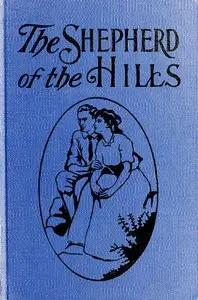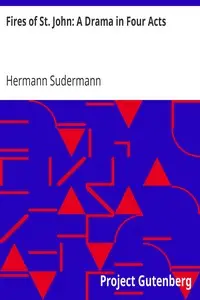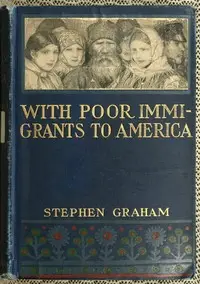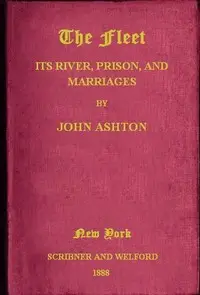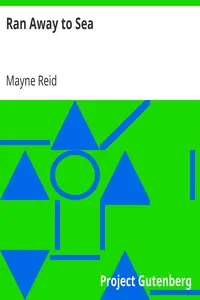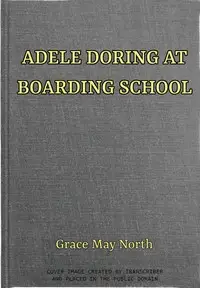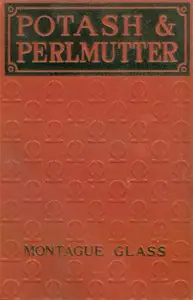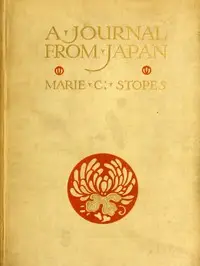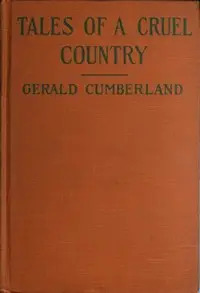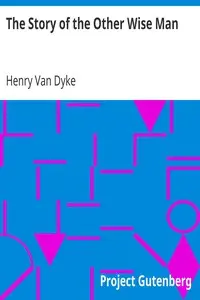“That Printer of Udell's: A Story of the Middle West” by Harold Bell Wright is a novel likely written in the early 20th century. The story centers around the struggles and growth of its main character, Dick Falkner, a young man haunted by the tragic past of his family and seeking a fresh start in a bustling mining town. As he navigates the challenges of poverty, personal demons, and societal indifference, the narrative explores themes of redemption, resilience, and the impact of one’s upbringing. The opening of the novel presents a powerful contrast between the innocence of Dick as a boy and the grim realities he faces as a young man. Initially, we witness Dick's traumatic childhood, defined by a mother’s dying wish and a father’s alcoholism, setting the stage for his lifelong battle against the shadows of his past. This backstory leads us to present-day Boyd City, where Dick, now a young adult, is desperate to find work amid a sea of rejection and hardship. His encounters highlight the harsh realities of life for those at the mercy of economic forces, framing Dick's journey not only as one of physical survival but also as a quest for self-identity and purpose amidst the complex fabric of society. (This is an automatically generated summary.)

That Printer of Udell's: A Story of the Middle West
By Harold Bell Wright
“That Printer of Udell's: A Story of the Middle West” by Harold Bell Wright is a novel likely written in the early 20th century. The story centers aro...
Harold Bell Wright was a best-selling American writer of fiction, essays, and nonfiction. Although mostly forgotten or ignored after the middle of the 20th century, he had a very successful career; he is said to have been the first American writer to sell a million copies of a novel and the first to make $1 million from writing fiction. Between 1902 and 1942 Wright wrote 19 books, several stage plays, and many magazine articles. More than 15 movies were made or claimed to be made from Wright's stories, including Gary Cooper's first major movie, The Winning of Barbara Worth (1926) and the John Wayne film The Shepherd of the Hills (1941).






